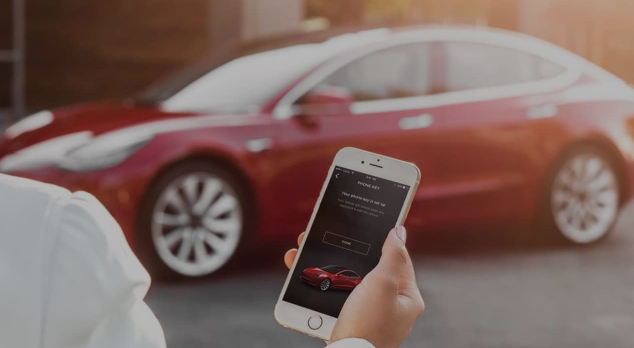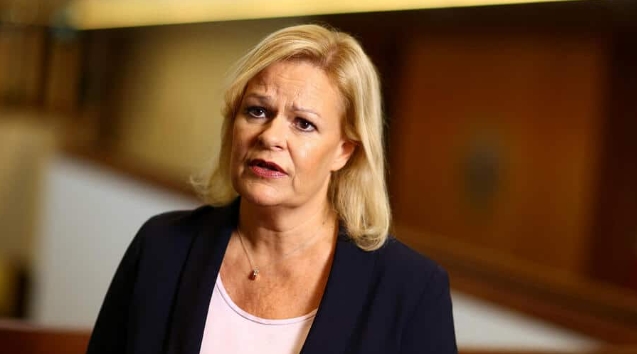Germany’s Economy Is In Recession, Lagging Behind In The European Bloc

After falling into recession at the start of the year, the German economy is likely to lag behind its eurozone competitors by the end of the year. Currently, only the German government is predicting its GDP will grow this year, while major economic institutes and the International Monetary Fund (IMF) are forecasting a decline of 0.2-0.4{9fa2ae831048424756faedea87f44870cd2ea6d09bcfab62eb5dabc6b233e172} of this economy.
Rising inflation and interest rates, a slowing recovery in China (Germany’s main export market) and rising energy costs are all weighing on the performance of the continent’s largest economy. Old land.
Siegfried Russwurm, head of lobbying group BDI, said that the German economy is facing a series of growing challenges. At BDI’s annual conference, Mr. Russwurm said an increasing number of businesses, including small and medium-sized companies, are trying to move part of their operations out of Germany.
In the press, many articles mentioned the risk of the German economy returning to the pre-2000 period when the country struggled to compete in the international market and faced high unemployment.
In addition, the German economy is also affected when structural weaknesses are hindering economic activity: the administrative apparatus is inefficient, the level of digitalization is low, and the aging of the population can lead to labor shortage. According to Mr. Wollmershaeuser, if the population decreases, GDP will not increase either.
Doubts of experts
After taking office at the end of 2021, Chancellor Scholz heralded another economic era for Germany. In an interview with German media in March, Mr. Scholz said efforts to achieve climate neutrality by 2045 would deliver the same growth as the 1950s and 1960s, a period of strong growth. of the German economy in the post-war period.
According to Mr. Scholz, the large-scale spending is needed to install new wind turbines, build electric vehicles, produce less polluting steel. This will create a good economic circle. However, the vision of a new economic golden age thanks to the transition to green energy makes some experts skeptical.
Mr. Russwurm noted the transition would first see billions of euros poured into replacing existing fossil fuel technology with renewable technologies at significantly inflated costs. This will not generate additional economic growth in the short term.
Mr. Timo Wollmershaeuser of the Ifo Institute said that Germany will only reap the benefits of this investment in the distant future, when effectively managing emissions reductions.
Major German economic institutes predict that the German economy will grow below 1{9fa2ae831048424756faedea87f44870cd2ea6d09bcfab62eb5dabc6b233e172} over the next few years. Mr. Marcel Fratzscher, head of the DIW consultancy, expects that this decade, the German economy may grow significantly weaker than the 2010s, when the country was prosperous.
With its economy heavily dependent on manufacturing, Germany is likely to suffer from high energy costs following the Russo-Ukrainian conflict, although these costs have fallen from their initial peak. head. Russia has long been a major supplier of gas to Germany, with large volumes and relatively low prices for the country’s largest industrial groups.
Ingeborg Neumann, head of the German textile association, said that with high energy costs, labor shortages and cumbersome administrative procedures, manufacturing in Germany has become unattractive.




